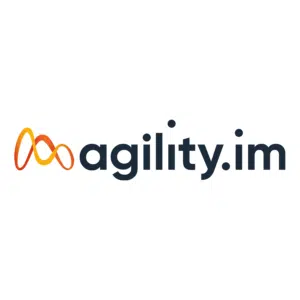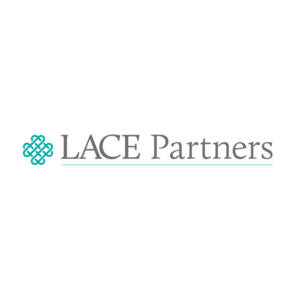Driving Diversity in Fintech
01 March 2023

Story by
Elena Dimova VP Human Resources at Paysafe
Elena Dimova, VP Human Resources at Paysafe, discusses the need for gender diversity in the fintech industry.
As we approach International Women’s Day, it is important for the fintech industry to take a moment to evaluate how well we are doing in increasing female representation.
As fintech represents the coming together of two traditionally male-dominated worlds: financial and technology, it’s a space where we’ve typically seen more male-skewed workplaces. However, it’s encouraging to see that across many areas of fintech, we’re seeing this change, albeit this is not universal.
The role of hybrid
The shift we’re seeing isn’t solely down to the efforts of the fintech industry itself but a number of external factors which are driving diversity in the sector. For instance, there’s no doubt that the move to hybrid and remote working models – driven by the pandemic – has had the biggest impact on diversity within fintech.
Women, who have often had to choose between their work and home responsibilities, are widely reported to have been the biggest beneficiaries of these new approaches. Increased flexible working options have empowered women to balance their private and professional lives better, and although remote and hybrid working models weren’t introduced to drive diversity, as we move on, this will help fintech brands to develop their own female talent and attract new female applicants.
There are other external trends that are having an indirect impact on diversity in fintech, such as the current cost-of-living crisis and increased global migration in the wake of the war in Ukraine. The predominantly male end-user base of fintech services has historically made employee bases more male-dominated in turn, with the products it delivers catering to more men’s tastes. However, the current macroeconomic headwinds have driven a broader uptake of fintech products, and with women becoming a larger part of the user base, we should see fintech companies giving careful consideration to their female audiences when developing products and services. Consequently, more women will be involved in their development.
Softer skills
As we see external trends positively impacting female representation in fintech as a whole, there are certain roles that attract women. Historically, these have been the roles that rely on softer skills, and this trend seems to be continuing on an upward trajectory.
Marketing and client servicing teams continue to attract female talent. Risk, compliance and finance are other areas that have a fair representation of women, and with the industry’s increased focus on regulation and security, these teams have more opportunities to grow larger. These usually are the areas which have a good female representation in terms of an educational base and securing the interest of new graduates. If we look at fintech companies from this perspective, then gender diversity is at a good level and progressing well.
However, in other areas, it continues to be a challenge to attract women, and the industry should work towards addressing this. For example, women are still generally under-represented in more tech-focused roles, and it is those more technical, STEM (Science, Technology, Engineering and Mathematics) based disciplines like security and product development that the industry sees the greatest need for more women.
The preconceptions around these areas being male-dominated puts women off pursuing careers in tech, which, in turn, creates a vicious cycle where the predominantly male workforce continues far longer than the industry would like.
This is why we are seeing such a push within the tech industry across the board for more female representation. At Paysafe, we see it as crucial to have a more diverse workforce in these areas and provide women with opportunities to progress into senior tech roles within the business. To help achieve this, we work closely with our learning and development teams.
There are a few ways in which we can try to address the women in tech imbalance. First and foremost, the industry as a whole should encourage women to participate in fintech and demonstrate to them earlier in their education how to embark on successful roles within more technical fields. This, of course, requires collaboration with the education industry so that universities and colleagues make an effort to empower women while the fintech industry showcases more successful female role models in technical roles. The more we can do that, the more impact we can have over the long term in attracting women into these roles.
In the shorter term, reviewing recruitment practices and how women receive them will be key. Fintech businesses need to evaluate if they are communicating job opportunities in a manner that appeals more to men than women. Interviewers should be offered training on unconscious bias, and transparency about any family-friendly practices or policies which are embedded into the workplace will help. These are areas we take seriously at Paysafe, throughout the full employee lifecycle, from the potential candidate’s first interaction with us through to the progression of those that join us. This helps us ensure more diverse candidates aren’t leaving the process or the company any earlier than they should be.
If we, as an industry, can put the spotlight on more women in technical areas and create role models, diversity in our industry will inevitably be improved in the long term. We can also get better at communicating what skills are valuable for a career in fintech and the variety of roles we have available. Fintech companies have a role to play here, and if we act today, we will see more women feeling confident that they can have a sustainable and successful careers in our industry.






